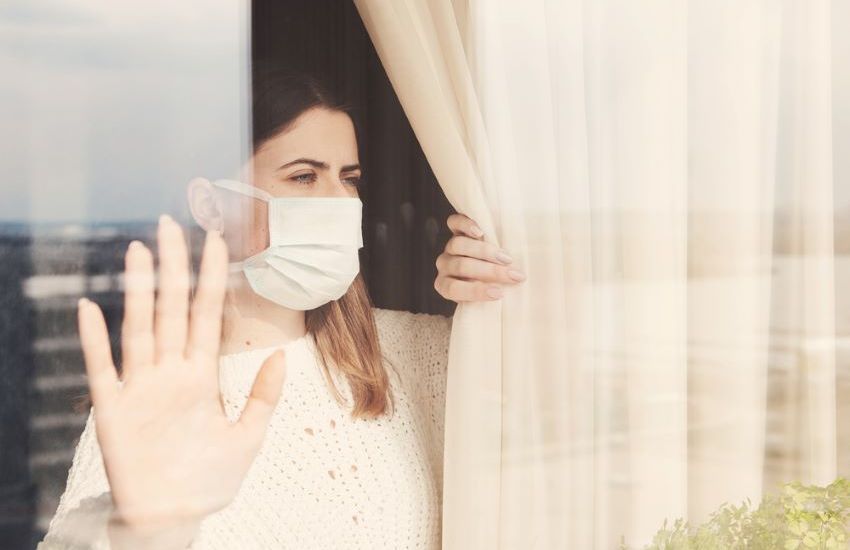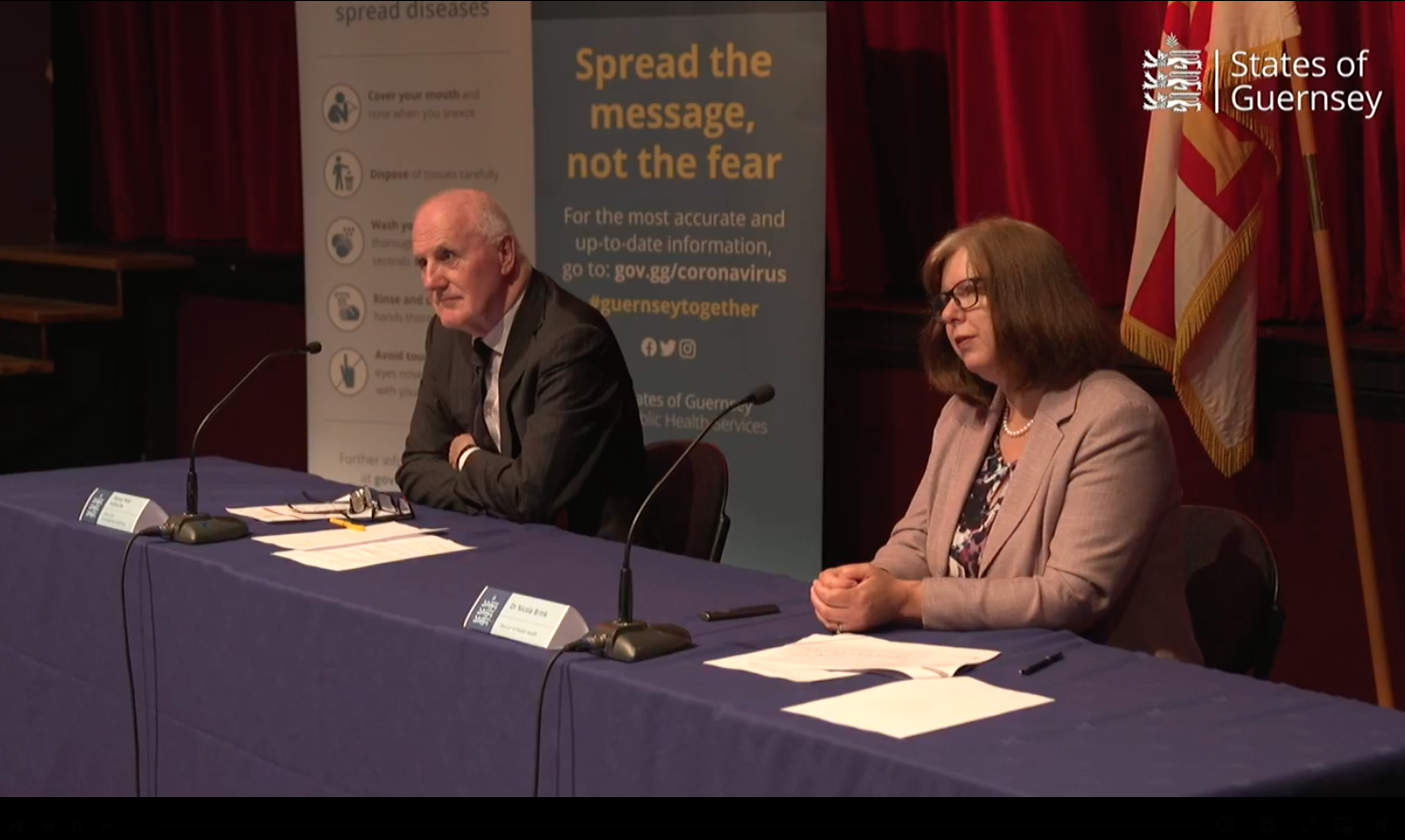


Anyone with covid-19 can now come out of isolation after seven days rather than 10 days – as long as they are free of symptoms and have negative lateral flow tests on days six and seven.
The Civil Contingencies Authority announced the change at 19:00 on Wednesday after the UK announced essentially the same change earlier in the day and ministers in Jersey asked public health officials to advise on the issue.
The person coming out of isolation will remain under certain legal restrictions between day seven and day 10. These are referred to as ‘enhanced passive follow-up’ and include:
All such restrictions will be lifted 10 days after the person tested positive.
However, the reduced seven-day isolation period is not available to anyone who still has symptoms or returns a positive lateral flow test on days six or seven in isolation.
Dr Nicola Brink, the Medical Officer of Health, said the isolation period was being cut “on the basis of trusting our community to continue doing the right thing”.
“In making these changes, we have tried to take a proportionate position that is appropriate for the Bailiwick,” said Dr Brink.
“We’re trusting people to only release themselves from isolation if they meet the clear criteria of being asymptomatic and having negative lateral flow tests on day six and day seven.
“The aim of this approach is to help break chains of transmission while also minimising the impact of self-isolation on people’s lives and livelihoods. We have included the additional step of enhanced passive follow-up as this mitigates against the risk of transmission of the virus that causes covid-19 in uncontrolled environments.”

Pictured: Dr Nicola Brink said that reducing the covid-19 isolation period was a matter of trusting the community. Deputy Peter Ferbrache warned that anyone who failed to observe 'enhanced passive follow-up' requirements would be committing an offence.
Deputy Peter Ferbrache, Chairman of the Civil Contingencies Authority, said the Authority – which also comprises Deputies Al Brouard, Lindsay De Sausmarez and Rob Prow – took advice from “various senior medical professionals” before deciding to follow the UK and cut three days off the isolation period.
“This aligns with the UK. However, we have also taken the decision to put an additional layer of protection in place and that is the requirement for anyone released from isolation early to follow enhanced passive follow-up measures,” said Deputy Ferbrache.
“Following these measures will be a legal requirement if someone meets the criteria to release themselves from isolation. It’s very important they’re followed or the individual will be committing an offence.”
Earlier on Wednesday, the Authority and the Medical Officer of Health released a statement “advising islanders to limit the number of people they interact with socially where possible, as a further way of slowing the spread of covid-19, and especially to slow the spread of the omicron variant”.
The States also announced that they would no longer offer pre-travel PCR tests for people travelling off the island because they “need to focus resources on delivering other priority operational needs such as on-island and arrival testing”.
Pre-travel PCR tests had been offered at a cost of £83 per test. Anyone who has already booked a test will still be able to have it – this is estimated to be around 150 people. But no new bookings will be taken with immediate effect. Pre-travel tests can still be arranged through primary care providers.
Pictured: The latest testing results were released by the States late on Wednesday.
The latest testing results showed that there are 846 known active cases of covid-19 in the Bailiwick. The figure included 128 new cases and 89 recoveries.
In total, there have now been more than 6,000 known cases of covid-19 since the pandemic hit the Bailiwick in March 2020.
Comments
Comments on this story express the views of the commentator only, not Bailiwick Publishing. We are unable to guarantee the accuracy of any of those comments.